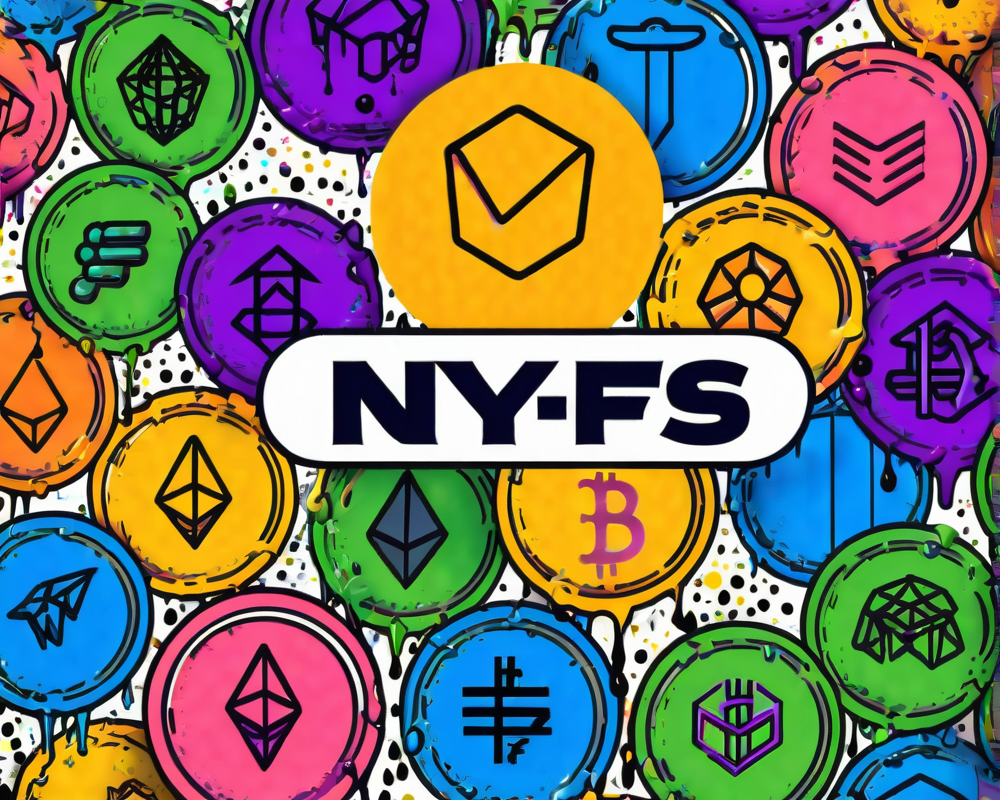The Cryptocurrency Craze and Twitter’s Reaction
In a world where tweets can launch a thousand ships, Twitter seems to be paddling backward when it comes to cryptocurrency. Following a rollercoaster of rumors and bold proclamations from CEO Jack Dorsey about Bitcoin being humanity’s savior, the platform has opted for a ban on cryptocurrency advertising that leaves more than a few people scratching their heads. First came the whispers of an impending ban, notably a move that echoes the restrictions imposed by its digital rivals, Facebook and Google.
What Does the Ban Cover?
So what exactly is banned? Initially intended to curb fraudulent scams that have plagued the ICO market, Twitter’s decision encompasses a wide net—snaring not just ICO ads but also ads from cryptocurrency exchanges and wallet services, with a few exceptions for public companies on major stock markets. It’s like cordoning off a whole neighborhood because one house had a raccoon problem!
Users vs. Scams: Is It Worth It?
Stringent as it is, Twitter’s ban raises questions among its users. On one hand, protecting the community from scammy ICOs is a move that ought to be applauded; after all, nobody wants to see their friends lose their hard-earned Bitcoin to a flashy con. On the other hand, the broad-brush approach means legitimate projects are being penalized alongside the bad actors. As financial consultant Zennon Kapron pointed out, with the flood of ICOs hitting the market, distinguishing between genuine initiatives and scams is like finding a needle in a haystack. If only Twitter could just get rid of raccoons, not the whole neighborhood!
Reactions from the Community
Your typical Twitter user is anything but typical, and reactions to the ban have been, predictably, mixed. While some declare the ban a necessary evil to curb scams (hello, flight to quality!), critics argue it’s an overreach that suffocates the innovation thriving in the crypto space. Analysts like Ronnie Moas suggest it will lead to a migration of funds back to Bitcoin, while others, like Kurt Wagner, see a possible conflict of interest benefitting Jack Dorsey’s other ventures. Meanwhile, influencers and CEOs in the blockchain realm voice their concerns about the implications of punishing all for the actions of a few.
Is There a Better Way?
Though the intent is to clean up the crypto landscape, perhaps Twitter would do well to adopt a more targeted strategy. If they can’t tell the difference between a genuine initiative and a scam, why not collaborate with credible entities in the space to help educate and vet advertisements? It’s high time they put their platform to good use instead of issuing fines like a curmudgeonly parent saying, “No cookies before dinner!” After all, if a few bad apples spoil the bunch, wouldn’t a discerning eye just sift the rotten ones from the fresh fruit?
The Bigger Picture
The cryptocurrency sphere is more than just a profit-making venture; it’s a newly-born ecosystem that needs nurturing. Yet as platforms like Twitter, Facebook, and Google continue to enact broad bans to assuage regulatory concerns, there’s a distinct possibility of stifling innovation in the process. With a rising tide of government scrutiny and the mainstream adoption of cryptocurrencies gaining momentum, finding that elusive balance between safety and opportunity is critical. So, what’s next? Time will tell whether Twitter will wield its ban like a sledgehammer or if it will find a scalpel to dissect the issue with precision.




